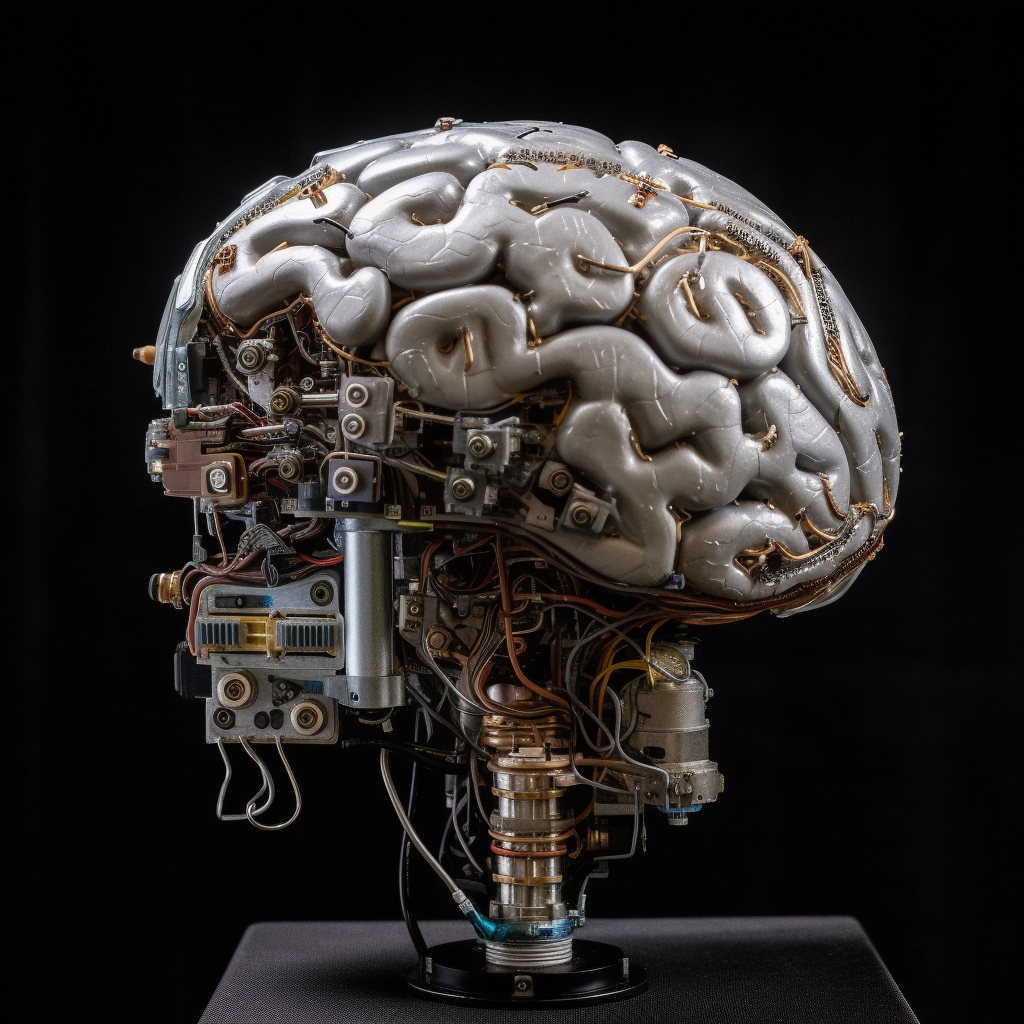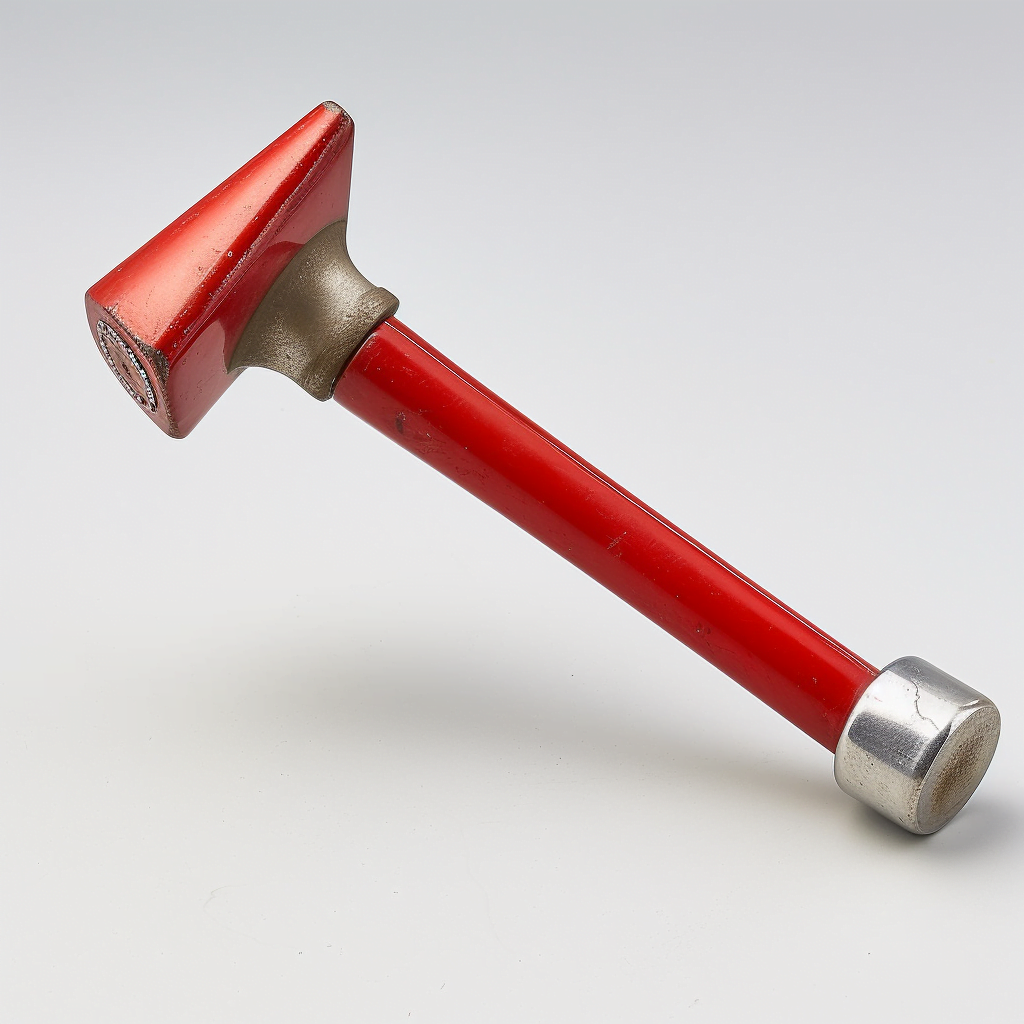
In psychology, a common framework for cognitive psychologists is called the information processing model. It’s where psychologists assume the mind behaves somewhat like a computer, and processes thought in the same way. A computer, just like the mind, receives input and information, organizes it, and then stores it in temporary and permanent memory.
For example:
- In computers, their input devices are keyboards, microphones, and mice. Our input device is called the sensory register, which is made up of our eyes, nose, ears, and other sensory parts of our body
- Information is processed in computers by CPUs, whereas in humans it’s our working and short-term memory. Moving it over to the hard drive is a computer’s version of us transferring memories and information into our long-term memory.
- Then computers have output devices like computer screens, audio, and printers. For us, it’s our behavior and actions like facial expressions, speech, and body movements.
Fun! I think.
The Magic Behind the Information Processing Model
A fantastic way to visualize the information processing model is to imagine the mind as an enchanted workshop, filled with magical elves working tirelessly to process information. The elves receive information from the sensory register, like scrolls of parchment delivered by carrier pigeons. They then process this information by moving it through the workshop, finally storing it in various treasure chests, representing the different types of memory.
The Enchanted Workshop: Stages of Processing
In this whimsical workshop, there are three main stages where our magical elves busily process information:
- The Sensory Register: Carrier pigeons drop off scrolls containing new information. The elves quickly glance over these scrolls, and only the most interesting or important ones are kept for further processing. This stage is similar to our eyes, ears, and other senses collecting data from the world around us.
- Short-Term and Working Memory: The elves move the scrolls to a workbench where they examine the information more closely. They might scribble notes or draw connections between different pieces of information. This stage is akin to the human brain’s short-term and working memory, where information is actively processed and manipulated.
- Long-Term Memory: Finally, the elves decide which scrolls should be stored in the treasure chests for safekeeping. These chests represent long-term memory, where information is stored for extended periods of time and can be recalled when needed.
The Enchanted Workshop Helpers: Attention, Encoding, and Retrieval
Our magical elves have several helpers to assist them in their tasks:
- Attention: This clever little fairy ensures that only the most relevant scrolls reach the workbench. Attention helps us focus on specific information while filtering out the rest.
- Encoding: A group of pixies work together to transform the scrolls into a format that can be easily stored in the treasure chests. Encoding is the process of converting information into a form that our brains can store and remember.
- Retrieval: When the elves need to access a stored scroll, a helpful gnome locates the treasure chest and brings the required scroll to the workbench. Retrieval is the process of recalling information from long-term memory.
Examples of the Information Processing Model in Action
To better understand the information processing model, let’s dive into some real-life examples:
Example 1: Learning to Ride a Bike
- Input: The sensory register captures information from the environment, like the feeling of the bike seat, the grip on the handlebars, and the sound of the wheels spinning.
- Processing: Working memory processes this information and coordinates the necessary body movements to maintain balance and pedal the bike.
- Output: The rider successfully pedals and steers the bike without falling.
- Storage: Over time, as the rider practices, the process of riding a bike is stored in long-term memory, allowing them to ride without consciously thinking about each step.
Example 2: Studying for a Test
- Input: A student reads a textbook, listens to a lecture, or watches a video, gathering new information.
- Processing: Working memory helps the student understand the new information and relate it to existing knowledge.
- Output: The student answers questions about the material, writes essays, or engages in discussions.
- Storage: The information is stored in long-term memory, allowing the student to recall it for the test or apply it in future situations.
The information processing model in psychology provides a useful framework for understanding how the human mind processes, stores, and retrieves information. By comparing the mind to a computer, we can better understand the different components involved in cognitive functioning. So, the next time you’re trying to remember a fact or solve a problem, think of the magical elves and their enchanted workshop, working tirelessly to process and store the information in your mind.
Tips for Optimizing Your Information Processing Skills
Now that you have a better understanding of the information processing model, here are some tips to help you optimize your cognitive processing:
- Improve Your Focus: Train your attention fairy to be more selective by practicing mindfulness, meditation, or other concentration exercises. The better your focus, the more efficiently you can process information.
- Organize Information Effectively: Help your magical elves by organizing information in a way that makes it easier to process and store. For example, use mnemonic devices, chunking, or mind maps to break down complex information into simpler parts.
- Rehearse and Review: Give your retrieval gnome a workout by regularly reviewing and rehearsing information. Repetition helps strengthen the connections in your long-term memory, making it easier to recall information when needed.
- Stay Physically Active: Keep your enchanted workshop in tip-top shape by engaging in regular physical activity. Exercise is known to have a positive impact on cognitive function and overall brain health.
- Get Enough Sleep: Allow your magical elves to rest and recuperate by getting a good night’s sleep. Sleep plays a crucial role in memory consolidation and cognitive performance.
With these tips in mind, you can work alongside your magical elves and enchanted workshop to maximize your information processing abilities. By optimizing your focus, organizing information effectively, and practicing good cognitive habits, you can make the most of your brain’s processing power, just like a well-oiled computer. So, don’t be surprised if you find yourself recalling facts and solving problems more efficiently than ever before!




